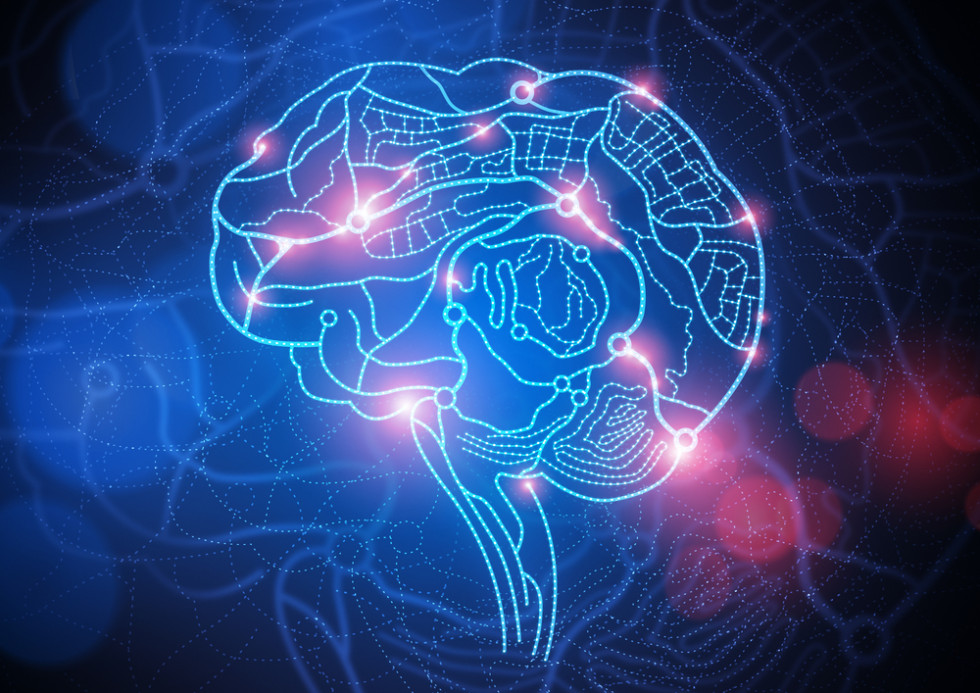Mindfulness and meditation have been gaining a lot of recognition for the past years. Many celebrities have been spotted practicing it which gave way to the birth of meditation guides and yoga teachers. Let’s get to know how mindfulness and meditation affects the work of the brain.
Meditation and Mindfulness

Meditation is defined as a set of techniques that is practiced by a person by being in a state of awareness while focusing on the sensation, emotion and thoughts while meditating. While mindfulness is just one of the 3 types of meditation. Mindfulness is one type of meditation which also focuses on a person’s thoughts and feelings through the use of breathing methods, guided imagery and other techniques that clears the mind of stress and relaxes the body.
7 Ways Meditation Affects the Brain

Both meditation mad mindfulness needs a person practicing it to be in a heightened state of awareness with focused attention to the sensation, emotions and thoughts.
1. Preserves Aging of the Brain
According to studies, people who have been practicing meditation for a long time were proved to have better- preserved brains than those who do not practice it. Through the use of CT-Scan, the researcher found out that there are more grey matter volume in the brain of those meditators who have been practicing for more than 20 years. Meditation helps slow down the aging process by stimulating the brain whenever a person meditates.
2. “Me” First
With everything that is going on in our day-to-day lives, our mind has been working non-stop to keep up with its demand. Meditation helps calm the mind and bring the focus on oneself. A Yale study was able to prove that meditation can reduce the self-referential thoughts and mind-wandering of a person which is often associated with stress, worry and even fear of the past and the future. Meditation was able to quiet down these weary thoughts and instead make new connections in the brain that improve one’s focus more.
3. Lessen Depression and Anxiety
Millions of people are being diagnosed with mental health problems each year. Majority of which is depression and anxiety. Meditation along with mindfulness were effective in toning down the symptoms of patients with depression and anxiety. Studies show that its effectivity is same as the use of anti-depressants but without the risk of experiencing the adverse reactions of the drug. Since meditation is also one way of training the brain, it gains the capability to increase the awareness of the mind and focus on things that matter.
4. Improves Memory and Cognition
Since meditation mainly works on the brain, it does not only affect the emotional and social parts of the brain but also the cognitive area of the brain too. Meditation and mindfulness increase the cortical thickness of the hippocampus, which is responsible for thinking, learning, memory and problem solving. Improving a person’s cognitive abilities.
5. Focus and Attention
Meditation and mindfulness require a lot of focus and attention on what you are currently doing in order to attain that level of awareness. Studies show that meditation and mindfulness help train the minds of the people and improve their memory and focus. By doing and practicing it every day, we will not notice it but we are slowly becoming more attentive and focused on the things that we are doing.
6. Helps with Addiction
There has been a number of studies relating mindfulness and meditation to addiction. These studies found out that meditation is a very effective way of alleviating addiction especially for recovering addicts. One study found out that mindfulness and meditation is an effective way of making smokers quit. It helps get through the craving.
7. Great for Kids
We mainly hear adults practicing mindfulness, but kids may do so too. Meditation and mindfulness were already practiced in some schools as it was proven to stimulate the brain’s development of children making it easier for them to learn their lectures at school. Also, meditation at school are much needed breaks that decreases the stressors of children. Lastly, it showed that meditation and mindfulness greatly increase the attendance and GPA of students at high-risk schools.
